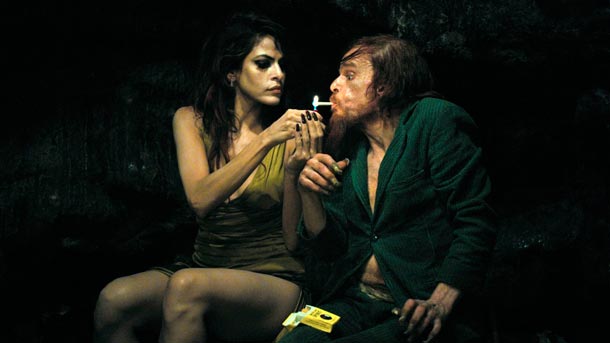
1. Holy Motors
Holy Motors’s opening features the film’s director, a movie theater and an audience that stares back at us. Surreal, mystifying, intimate and brazen, Holy Motors tucks concerns into peculiar vignettes; you have to tease out its meaning, or your version of its meaning, piece by piece. Is it a twisted story of a man’s life, being different characters at different times? Is it just a showpiece for Denis Lavant, the film’s impossible chameleon of a star? Is it mostly concerned with the wear and tear of art and performance? Holy Motors is a world unto itself; it reads as if the contents of director Leos Carax’s head poured onto the screen. Nothing surprised me more, or felt more true and whole, than this disjointed, dense, oddly personal film.
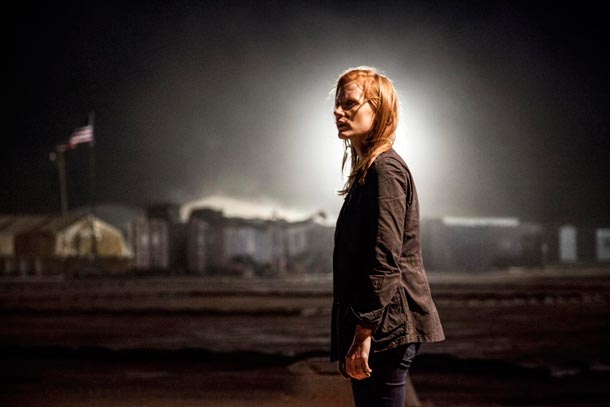
2. Zero Dark Thirty
While I wasn’t particularly intrigued by the notion of a movie about the hunt for Osama bin Laden, I cared a lot about what Kathryn Bigelow was going to do after The Hurt Locker. Zero Dark Thirty revisits similar territory to her Oscar-winning film, and not just in that it’s about the Middle East: Jessica Chastain’s Maya is as driven, intense and obsessed with her work as was Jeremy Renner’s William James. William’s necessity was right in front of him; Maya’s is nebulous, variable. It’s her intuition, her need to follow things through that propels this film, shrinking a manhunt into its tedious, ugly pieces, and finding no heroes among those who carry it out.
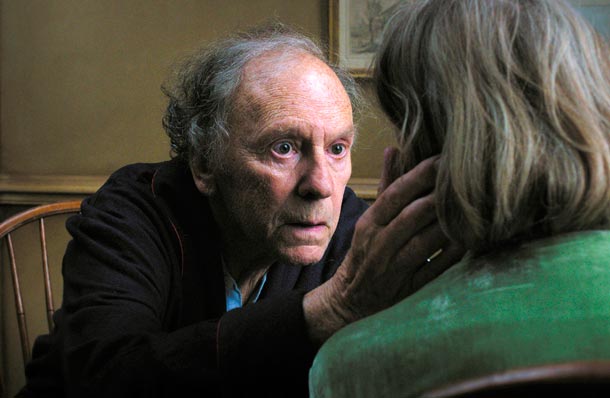
3. Amour
No one expected Michael Haneke to make a movie about love — not after Caché and Funny Games, or even the stark, darkly beautiful The White Ribbon. And Amour is about love, yes, but it’s as disconcerting an experience as we’ve come to expect from the German director: unsentimental, difficult, solitary and true. You may watch this film with someone, but you’re alone as you sit and consider how you relate to the characters. What choices would you make if your options seemed so few?
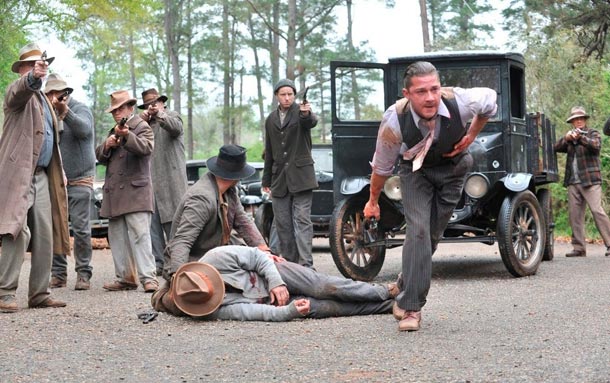
4. Lawless
The director of The Proposition with an unbelievably talented cast — Jessica Chastain, a surprising Shia LaBeouf, Tom Hardy, Jason Clarke and Gary Oldman — what, exactly, kept Lawless from the success it deserved? A beautifully acted period piece about Prohibition, family and the ever-blurry line between authority and morality, Lawless was marketed as if it were a late-summer diversion, a shoot-out with moonshine. But anyone who’s seen a Hillcoat film knows to expect something very different. Hardy speaks in grunts; Chastain’s character remains a mystery, but a vital one; the brutality is ugly and plain. This year was full of films that considered the violence in America’s past and present; this movie more than deserves to be discussed in the same breath as the rest of them.
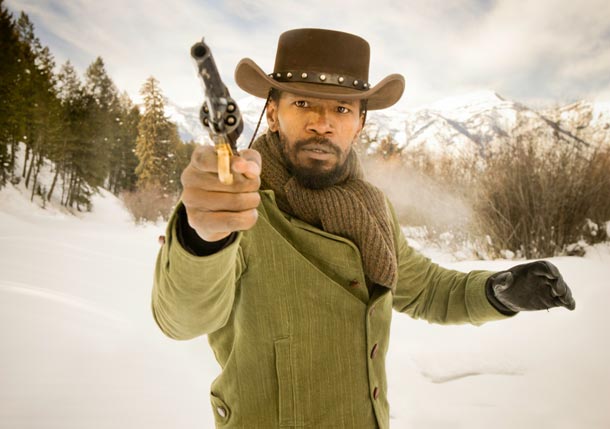
5. Django Unchained
Django is all over the map: funny, brutal, giddy, vicious, satisfying, horrifying. Director Quentin Tarantino draws specific lines around his subjects: violence against the mostly moronic white men (loopy, scary Leonardo DiCaprio is the worst) is cartoonish, with spurting gouts of blood; violence against black bodies is brutal and believable, almost too much so. That’s part of the point — you’re supposed to feel queasy and foul, and hate these racists as much as Django (the excellent Jamie Foxx) does. But you’re not off the hook for doing so. Django is the hero of this semi-Western, but not the embodiment of Tarantino’s thesis: That’s Dr. Schultz (Christoph Waltz), the dentist-turned-bounty hunter who says he hates slavery but has no qualms about turning it to his advantage. Watch Schultz as he and Django, on a quest to free Django’s wife, near their destination. As Foxx’s face tightens, as he reaches for his gun more often, Schultz begins to quail. He’s set this train in motion, but fear creeps in as he realizes that helping Django means giving up some of his power. Roxane Gay said it best: “Django Unchained isn’t about a black man reclaiming his freedom. It’s about a white man working through his own racial demons and white guilt.”
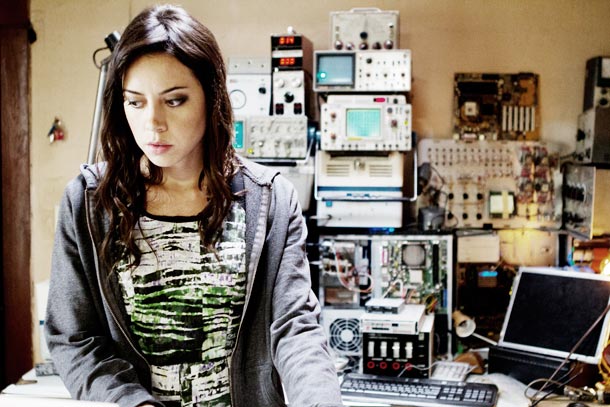
6. Safety Not Guaranteed
I would like every smart, thoughtful, imperfect romantic comedy to star Aubrey Plaza — so dry, so stoically uncertain — and Mark Duplass, who had one hell of a year. Director Colin Trevorrow and writer Derek Connolly let you wonder about Kenneth (Duplass), a grocery store clerk who puts an ad in the paper looking for a time-traveling companion. Is he unhinged? Does he think he’s serious? Plaza, as the magazine intern who tags along with her self-obsessed boss to investigate, takes Kenneth seriously and doesn’t; she’s always right up close and simultaneously a step back, analyzing and doubting as she gets involved. Next to all the year’s big-ticket issue films, Safety is comfortable, personal and smart.
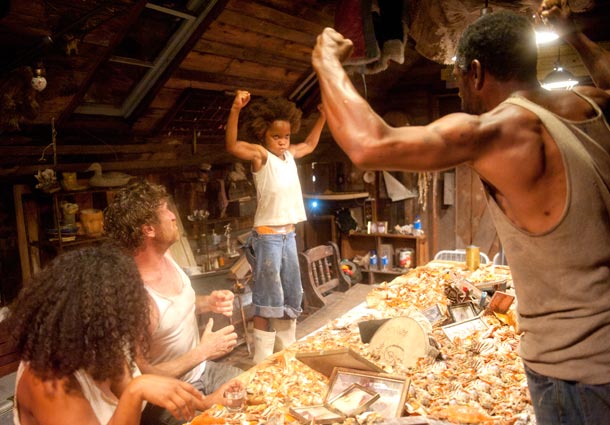
7. Beasts of the Southern Wild
Tiny, unstoppable Quvenzhané Wallis tears through this awards-season dark horse, a plaintive, magical exploration of life on the fringes, and of the places where love and fear sit too closely together. Unsentimental, kind and dark, Benh Zeitlin’s Beasts mixes the realistic and the magical without romanticizing anything. Poverty, authority, danger and freedom clash and meld, shaping the world for little Hushpuppy, her troubled father, the people in their tight-knit bayou community, and the rest of us, out here in the equally broken world of concrete floors and good intentions.
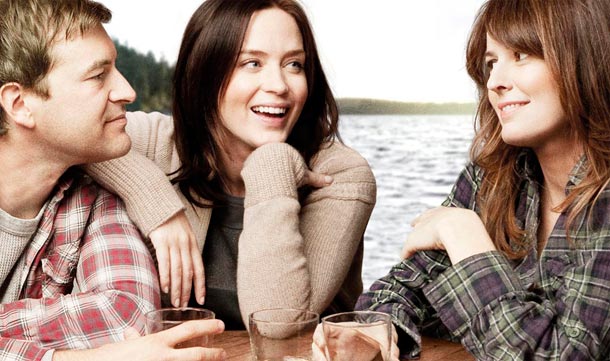
8. Your Sister’s Sister
Lynn Shelton’s masterful comedy makes it look easy — what more do you need than three fantastic actors, bantering in a cozy, well-appointed cabin in the woods? But there are layers to Your Sister’s Sister, which takes a rom-com premise and twists it into something thoughtful and bittersweet, a film that’s far more interested in how people get to emotional places with each other than what they do once they’ve arrived. Mark Duplass plays another slightly off-kilter fellow and makes it look fresh; Emily Blunt is fragile and brash at once, and never better; and Rosemarie DeWitt, all dimpled prickly smiles and sharp glances, is so good.
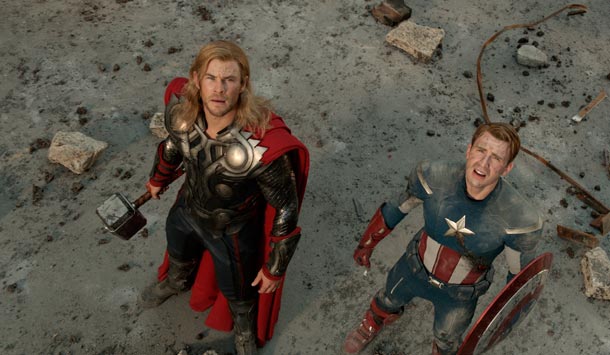
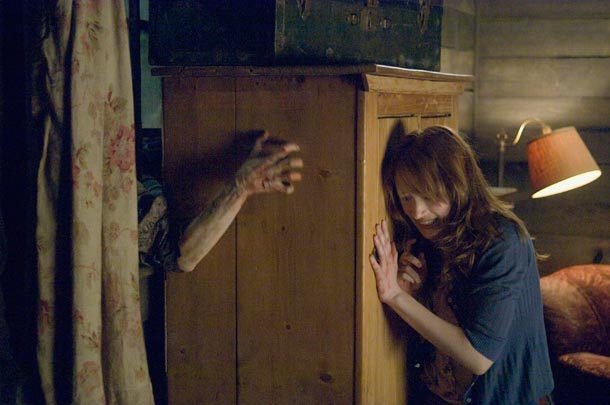
9. The Avengers/Cabin in the Woods
The Avengers was far greater than the sum of its parts — a fat handful of superhero flicks, none of which sustained the zing of the first Iron Man. But Joss Whedon, with his expertise leading excellent ensembles, pulled something pretty smart and altogether entertaining out of the place where Iron Man’s attitude, Thor’s campiness, Hulk’s rage and Captain America’s wholesomeness meet. As for Cabin in the Woods — directed by Whedon collaborator Drew Goddard and written by Goddard and Whedon — it’s a clever, self-aware mashup of Whedon’s types and hangups that makes fun of itself even as it builds to a bloody, creepy climax based on the notion that terror creates its own mythology.
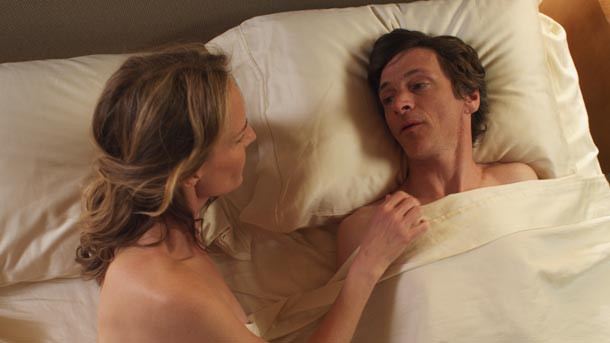
10. The Sessions
It was this or Rust and Bone for the tenth slot — two films that sounded atrocious when summarized but turned out to be intelligent, thoughtful and unapologetically affecting. While Marion Cotillard and Matthias Shoenaerts were silent and physical in Rust and Bone, in The Sessions, John Hawkes (as quadriplegic Mark O’Brien) and an unexpectedly wise, vulnerable Helen Hunt talked their way through sex — slowly, carefully, delicately. This is not the movie sex we expect, or are accustomed to, and its honesty feels almost transgressive.
Top 10 Movies of 2012 – Molly Templeton’s Top 10
Top 10 Movies of 2012 – Rick Levin’s Top 10
The Misunderstood and Overlooked
A Note From the Publisher

Dear Readers,
The last two years have been some of the hardest in Eugene Weekly’s 43 years. There were moments when keeping the paper alive felt uncertain. And yet, here we are — still publishing, still investigating, still showing up every week.
That’s because of you!
Not just because of financial support (though that matters enormously), but because of the emails, notes, conversations, encouragement and ideas you shared along the way. You reminded us why this paper exists and who it’s for.
Listening to readers has always been at the heart of Eugene Weekly. This year, that meant launching our popular weekly Activist Alert column, after many of you told us there was no single, reliable place to find information about rallies, meetings and ways to get involved. You asked. We responded.
We’ve also continued to deepen the coverage that sets Eugene Weekly apart, including our in-depth reporting on local real estate development through Bricks & Mortar — digging into what’s being built, who’s behind it and how those decisions shape our community.
And, of course, we’ve continued to bring you the stories and features many of you depend on: investigations and local government reporting, arts and culture coverage, sudoku and crossword puzzles, Savage Love, and our extensive community events calendar. We feature award-winning stories by University of Oregon student reporters getting real world journalism experience. All free. In print and online.
None of this happens by accident. It happens because readers step up and say: this matters.
As we head into a new year, please consider supporting Eugene Weekly if you’re able. Every dollar helps keep us digging, questioning, celebrating — and yes, occasionally annoying exactly the right people. We consider that a public service.
Thank you for standing with us!
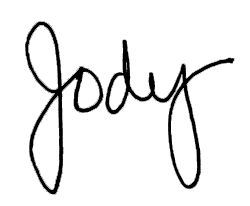
Publisher
Eugene Weekly
P.S. If you’d like to talk about supporting EW, I’d love to hear from you!
jody@eugeneweekly.com
(541) 484-0519